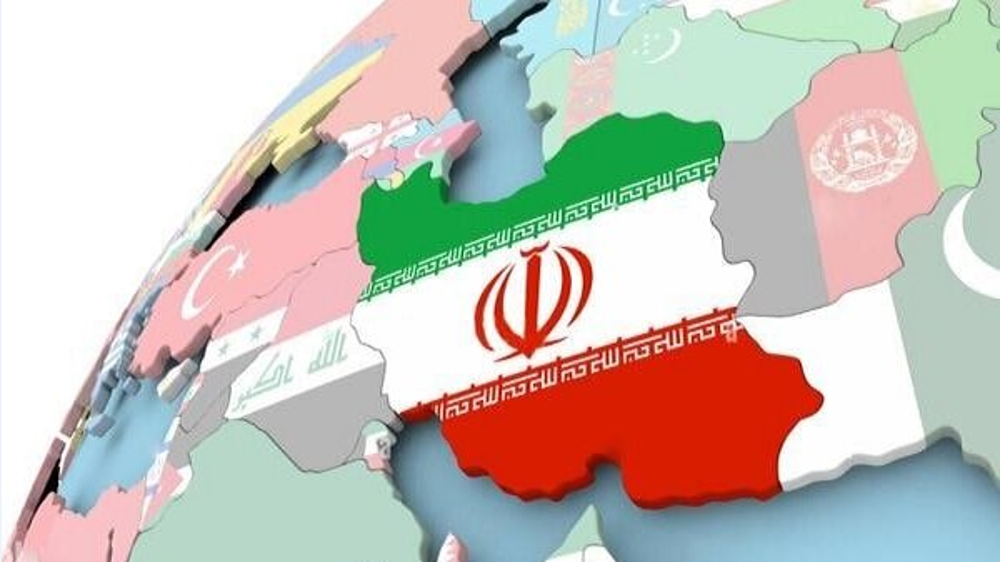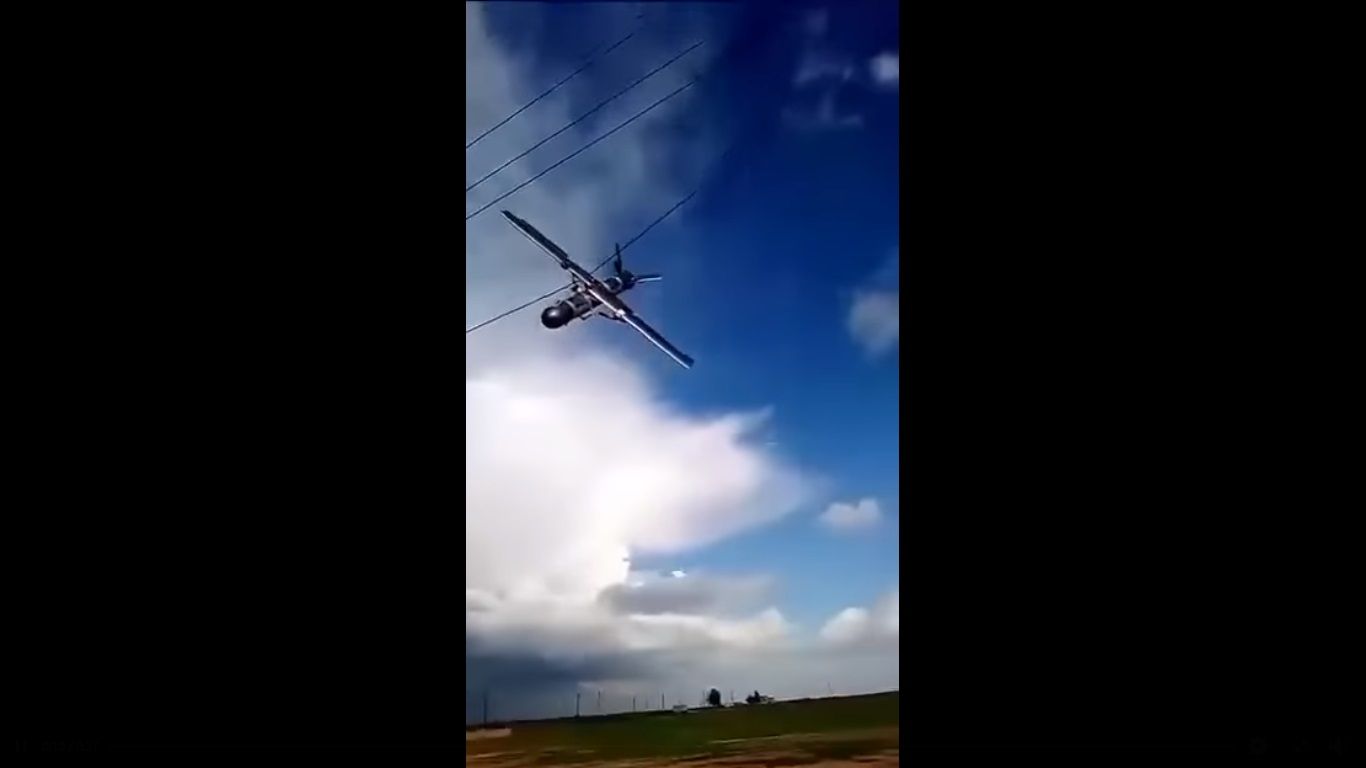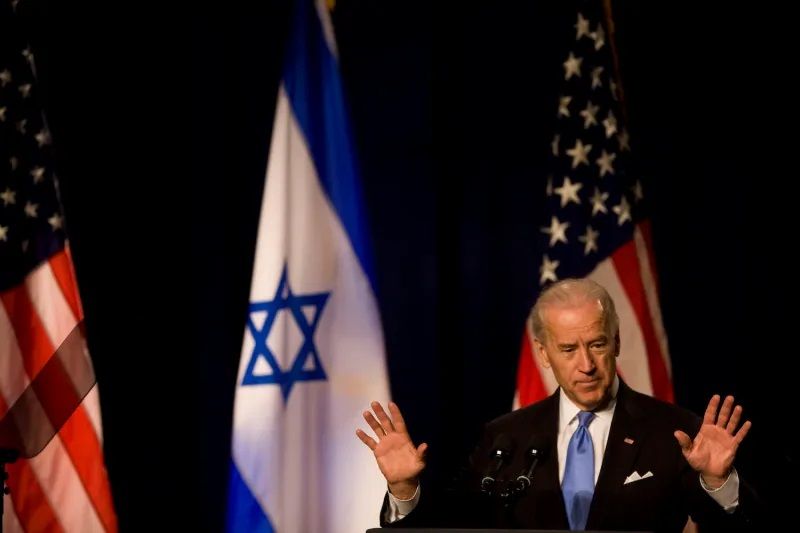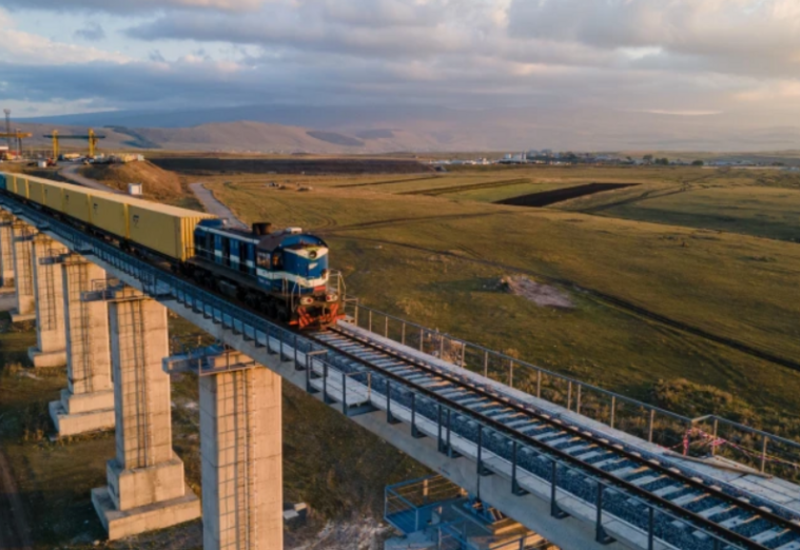|
|
TODAY.AZ / Politics
Iran's response to Israel or open threat to regional states?
15 April 2024 [08:30] - TODAY.AZ

Iran was not going to fire rockets at Israel; Tehran did not have a firm decision about this. Nevertheless, Iran's incessant internal strife and proxy forces abroad forced it to take this step even if unwillingly. Since 2020, Iran has witnessed the murder of several of its generals. This time, the shooting of Iranian generals and several additional people in the Mezze district of Damascus meant a red line for Iran in its truest sense.
On the night of April 14, Iran's ballistic missile attacks on Israeli territory caused considerable concern amidst rising tensions and the ongoing difficult situation in the Middle East. This was not only a war between Iran and Israel, but also a threat to the security of the states in the region.
This sudden attack, which Iran called "revenge" or "retaliatory fire", first, caused serious concern in the lands of Jordan, Lebanon and Iraq. Many of the missiles and drones fired by Iran aimed at Israel missed the target and landed either in the territories of Iraq or neighboring countries. In this way, Iran also demonstrated the gap in its military preparation, as well as its disrespectful approach to the security and territorial integrity of the surrounding states, except for the state it is in acrimony.

Do you think the Iranian military is that inexperienced, or do they just destroy and blow up missiles and drones that cost at least hundreds of thousands of dollars each? The regime, which is experiencing turmoil in the economic crisis, does not intend to go to war with the West, nor with Israel, which it calls its so-called enemy. The Tehran regime undertook the mission of playing such a game just so that its image among the Islamic states would not be completely destroyed. If this were not the case, it would have mobilized all its forces without listening to the words of the US that it calls its adverse enemy. Hundreds of missile strikes, but the target mixed locations...
Iran’s real target behind its Israel hostility
Iran's air attack against Israel also worried Western countries. US, UK, France, Italy and Canada officials immediately demanded that Iran stop airstrikes against Israel. Iran could no longer take a step forward. Because the West, especially the White House, had set a red line for him, and even if the outcome for Iran was successful or unsuccessful, Tehran had to stop its military game.

The key for Iran was to fire back at Israel, which it did. However, Iran also wanted to send a threatening message to rival states in the region, which is one of its main goals.
It should be recalled that a few weeks ago, an Iranian official drew attention with his provoking statement about shooting the Israeli embassy in Baku. Although Iran could not declare its open enmity towards Azerbaijan, it always tried to manifest it through its mouthpieces like Jalal Rashidi Kuchi, or the hands of certain political circles.
Undoubtedly, Tehran is not satisfied with the development of Azerbaijan in the region and the expansion of its relations, including the fact that it has a leading role in the elimination of the conflict in the South Caucasus. Before that, Iran, which did not react to the tripartite meeting in Brussels on April 5, could not do more against Azerbaijan. So, it is clear from the processes that the West is not a threat to Iran in the South Caucasus. The main threat for the regime is the strengthening of Turkish-Azerbaijani relations and the imminent start of the Zangazur Corridor. If the territory of Armenia is a red line for Iran, why is it not worried about the European Mission that almost controls Armenia's borders and the NATO representatives conducting exercises in the area?
Iran is more inspired by Azerbaijan's actions and makes decisions or makes baseless statements every day. Baku perceives this very well and knows that Iran's real desire is not to wage war with the West, Israel, or the European Union. Its real problem is the Turkic world, which is getting stronger day by day.
URL: http://www.today.az/news/politics/247145.html
 Print version
Print version
Connect with us. Get latest news and updates.
See Also
- 04 February 2026 [13:13]
Armenian emblem with two heads - 04 February 2026 [11:11]
Azerbaijan, Armenia and Masdar - 04 February 2026 [09:33]
President Ilham Aliyev held expanded meeting with Armenian Prime Minister in Abu Dhabi - 03 February 2026 [14:14]
Rumors about the Catholicos’ arrest are circulating in Armenia once again, raising the question of their purpose - 03 February 2026 [12:12]
Zangezur corridor become part of TEN-T: European Union is joining fight for South Caucasus - 03 February 2026 [10:28]
President Ilham Aliyev meets with Secretary General of Muslim Council of Elders in Abu Dhabi - 02 February 2026 [18:03]
Youth Day 2026: Azerbaijan recognizes young achievements - 02 February 2026 [13:13]
The army is being taken away from Etchmiadzin - 01 February 2026 [16:55]
Russia sends new grain shipment to Armenia via Azerbaijan transit route - 31 January 2026 [01:46]
UN Geneva hosts high-level talks on protecting Caspian Sea
Most Popular
 Zangezur corridor become part of TEN-T: European Union is joining fight for South Caucasus
Zangezur corridor become part of TEN-T: European Union is joining fight for South Caucasus
 US moving forces into Middle East - What comes next with Iran?
US moving forces into Middle East - What comes next with Iran?
 Pakistan says 48 killed in coordinated attacks in Balochistan
Pakistan says 48 killed in coordinated attacks in Balochistan
 The army is being taken away from Etchmiadzin
The army is being taken away from Etchmiadzin
 Slovakia PM adviser quits after Epstein messages surface in newly released US files
Slovakia PM adviser quits after Epstein messages surface in newly released US files
 Grain, fuel and politics of peace: How trade redrawing Armenia–Azerbaijan relations
Grain, fuel and politics of peace: How trade redrawing Armenia–Azerbaijan relations
 SOCAR, Huawei discuss digital transformation and advanced technologies in oil, gas sector
SOCAR, Huawei discuss digital transformation and advanced technologies in oil, gas sector
